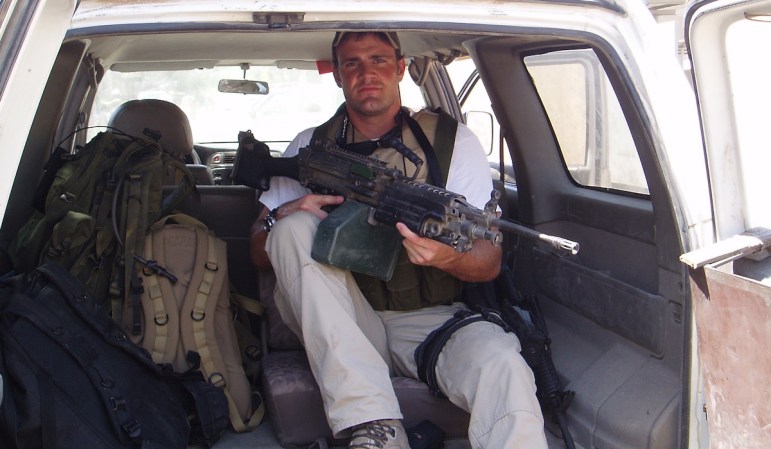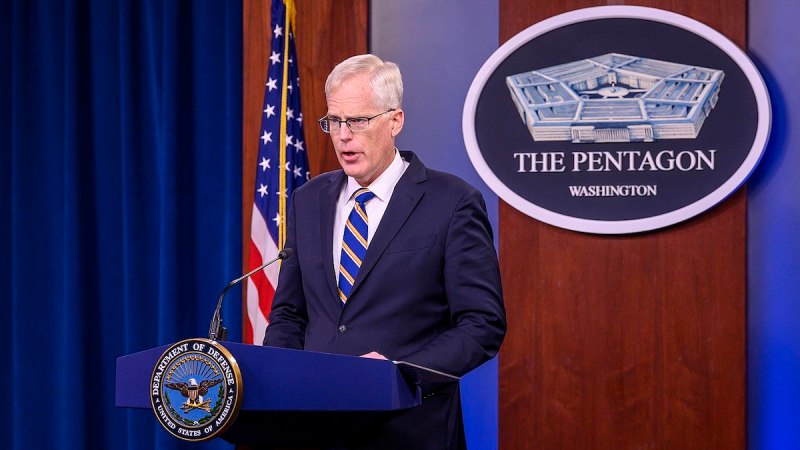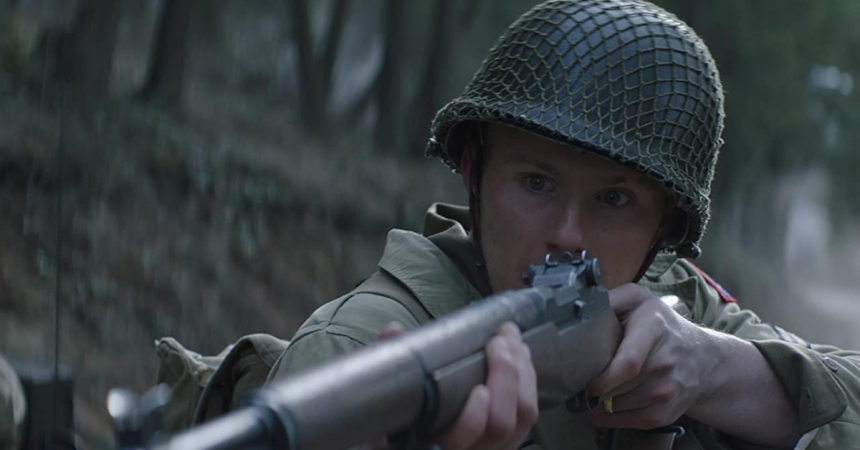Benjamin C. Bradlee was a legendary newsman who led The Washington Post through the Pentagon Papers Affair and the Watergate Scandal, stories that cemented the publication’s world-class status. He set the standard for excellence in journalism and organizational leadership. He also had a legendary sense of humor.

He studied at Harvard, where he was a member of the university’s Navy Reserve Officers Training Corps detachment. Shortly after graduating in 1942, he was sent to the Pacific Theater as a newly-minted ensign. At 20 years old, he was made officer of the deck. At 21, he was, as he put it, “driving a ship around the Pacific Ocean.” He chose the Navy for a reason.
“That was such a “good war,” he told the U.S. Naval Institute’s Naval History magazine. “And serving in the Navy was such a guarantee of action. You weren’t going out to the Pacific Ocean in a destroyer or cruiser without being in the middle of it all.” He was onboard the USS Philip, a destroyer in the Solomon Islands campaign.

In that same 1995 interview, he recalled a time when a reader questioned his patriotism, loyalty, and integrity.
“A guy once wrote a letter to me that started off, ‘Dear Communist,'” Bradlee said. “He impugned my patriotism and certainly impugned my war. I promptly wrote back, ‘Dear A-hole. This is what I did during the war, so don’t give me any sh-t.’ It turned out that he had been in the Marine Corps during the war. We had taken his division to Bougainville and then to Saipan. We had been in some of the same battles. He wrote back, saying I wasn’t such a bad guy after all, and we started a great correspondence.”

His obituary, written by the 50-year veteran Post reporter, Robert G. Kaiser also remembered Bradlee’s patriotism in the same vein:
“Mr. Bradlee’s wartime experience left him an unabashed patriot who bristled whenever critics of the newspaper accused it of helping America’s enemies. He sometimes agreed to keep stories out of the paper when government officials convinced him that they might cause serious harm.”

He became the leader of The Washington Post newsroom in 1965, transforming it in what his Washington Post obituary describes as “combining compelling news stories based on aggressive reporting with engaging feature pieces of a kind previously associated with the best magazines… charm and gift for leadership helped him hire and inspire a talented staff and eventually made him the most celebrated newspaper editor of his era.”
He was almost awarded a Purple Heart for taking a piece of Japanese shrapnel in rear — his rear, not the ship’s — a piece he kept for most of his life.
“It must have hit the deck first or maybe even the stack, then the deck, and then bounced up and hit me in the ass. It was hot when I picked it up. I had it here on my desk, but one of the kids took it to school for show-and-tell and never brought it back.”

For his life’s work, Bradlee was presented with the Presidential Medal of Freedom, the highest honor the United States can give a civilian, in 2013. He died the next year at age 93.










